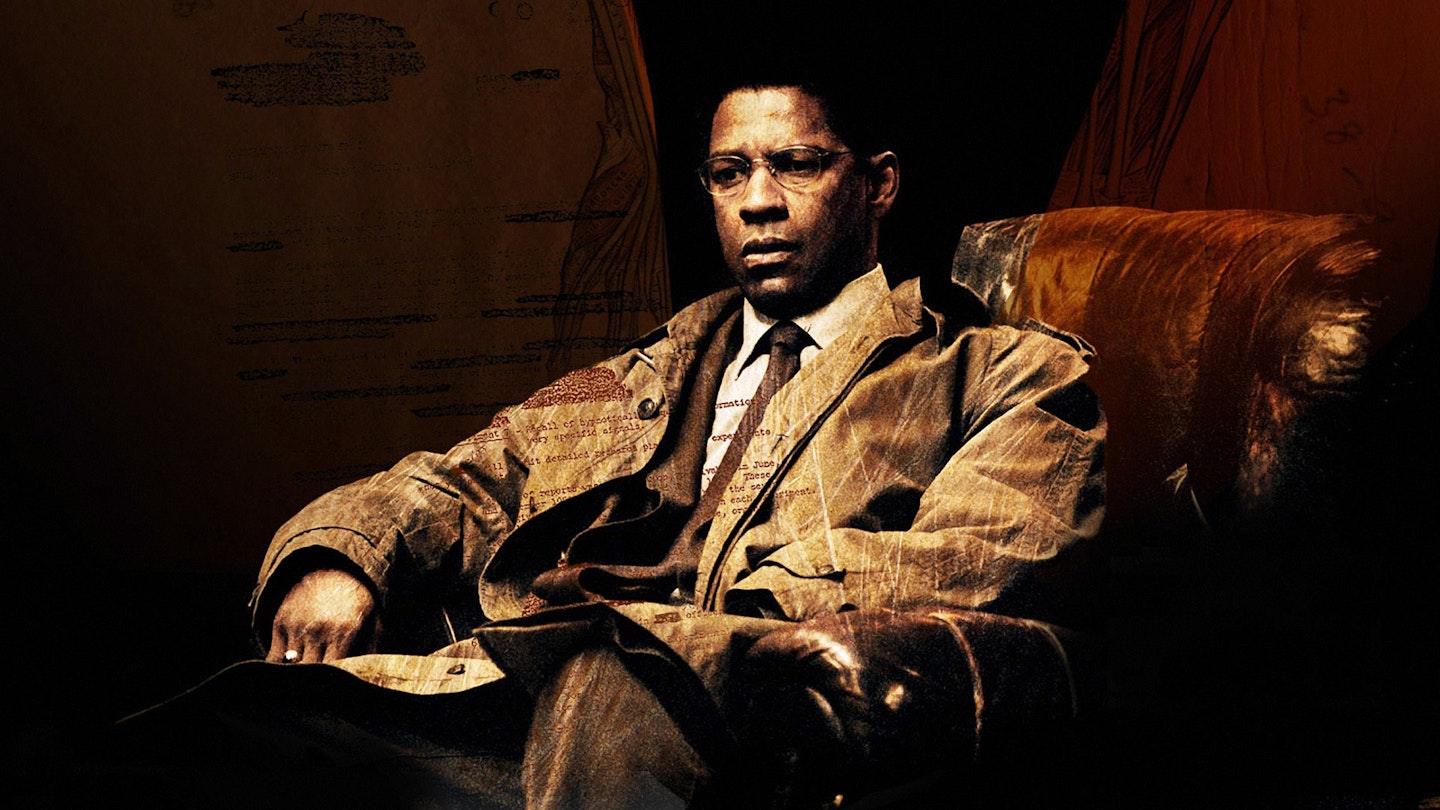It’s a credit to the severity of John Frankenheimer’s direction, drawing strong performances from Frank Sinatra, Laurence Harvey and, especially, Angela Lansbury, that this ultra-paranoid thriller gets away with its crackpot notion of brainwashed soldiers and the potential assassination of a presidential candidate. Also the circumstances of its birth — with Sinatra tremulously pulling the movie from release along with Frankenheimer’s other recent assassination flick Suddenly, when he heard Lee Harvey Oswald had watched the later film before allegedly shooting JFK — shroud the film in a shadowy sense of reality. The studio also became nervy about the film’s intent.
The years since have told well on the movie. It even encouraged a remake with Denzel Washington, which while worthy feels less relevant. Flashy, woozy, often lurid visuals, and crisp, frenetic editing combine to generate an inspired sense of unease: top lips are constantly spotted in perspiration, while every shot feels low and off-centre. The plot itself, transferred from Richard Condon’s novel, is full of odd angles, leagues away from the sappy romcoms that were the prevailing spirit of the time. Incest, dream sequences, mind manipulation, presidential stooges, Frank Sinatra on the verge of a breakdown — the film plays weird games to high effect, with Harvey as the sleeper, pre-programmed by a cabal of Communist dream figures, with his own mother (Lansbury) the trigger. Lansbury’s dead-eyed performance as the political harridan whose manipulations pull at the White House itself, is one of cinema’s classic she-devils.
